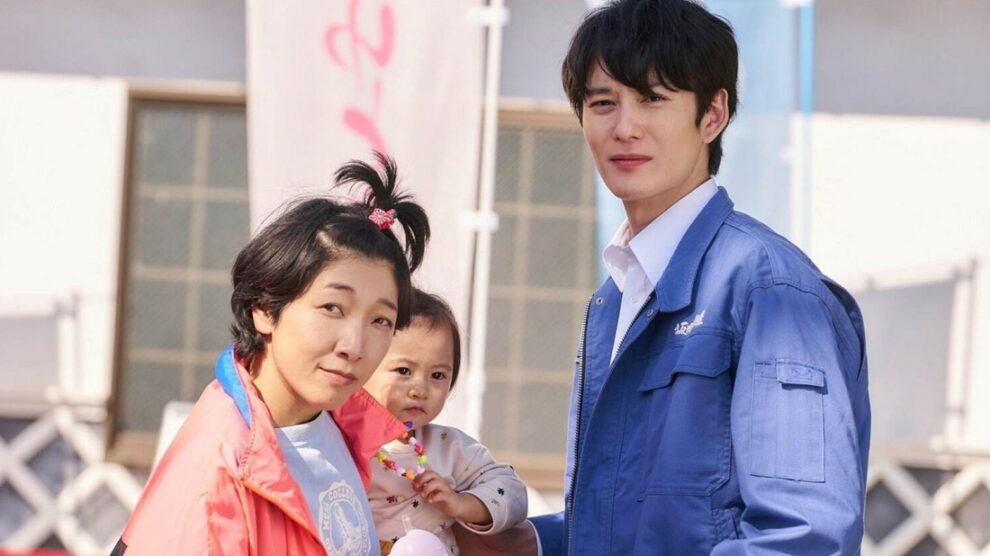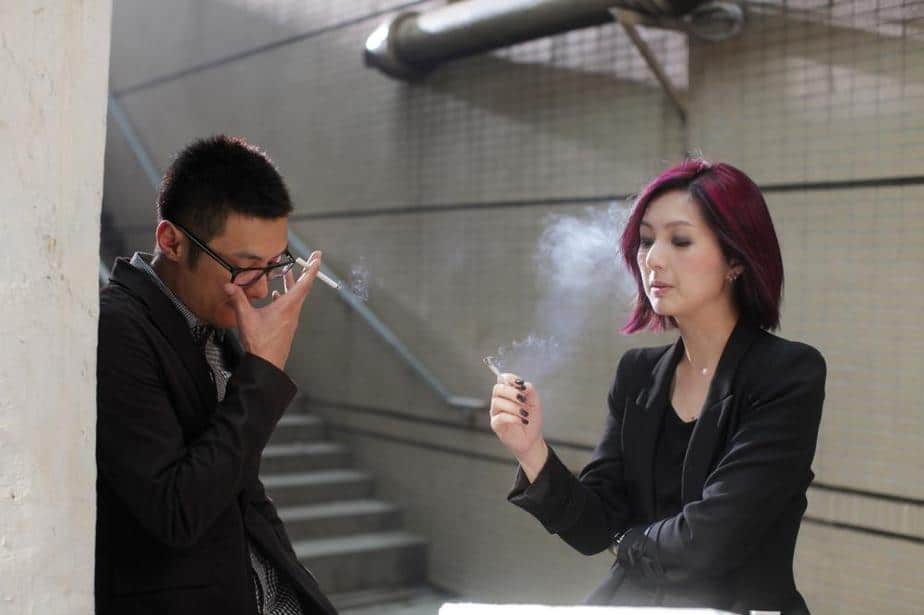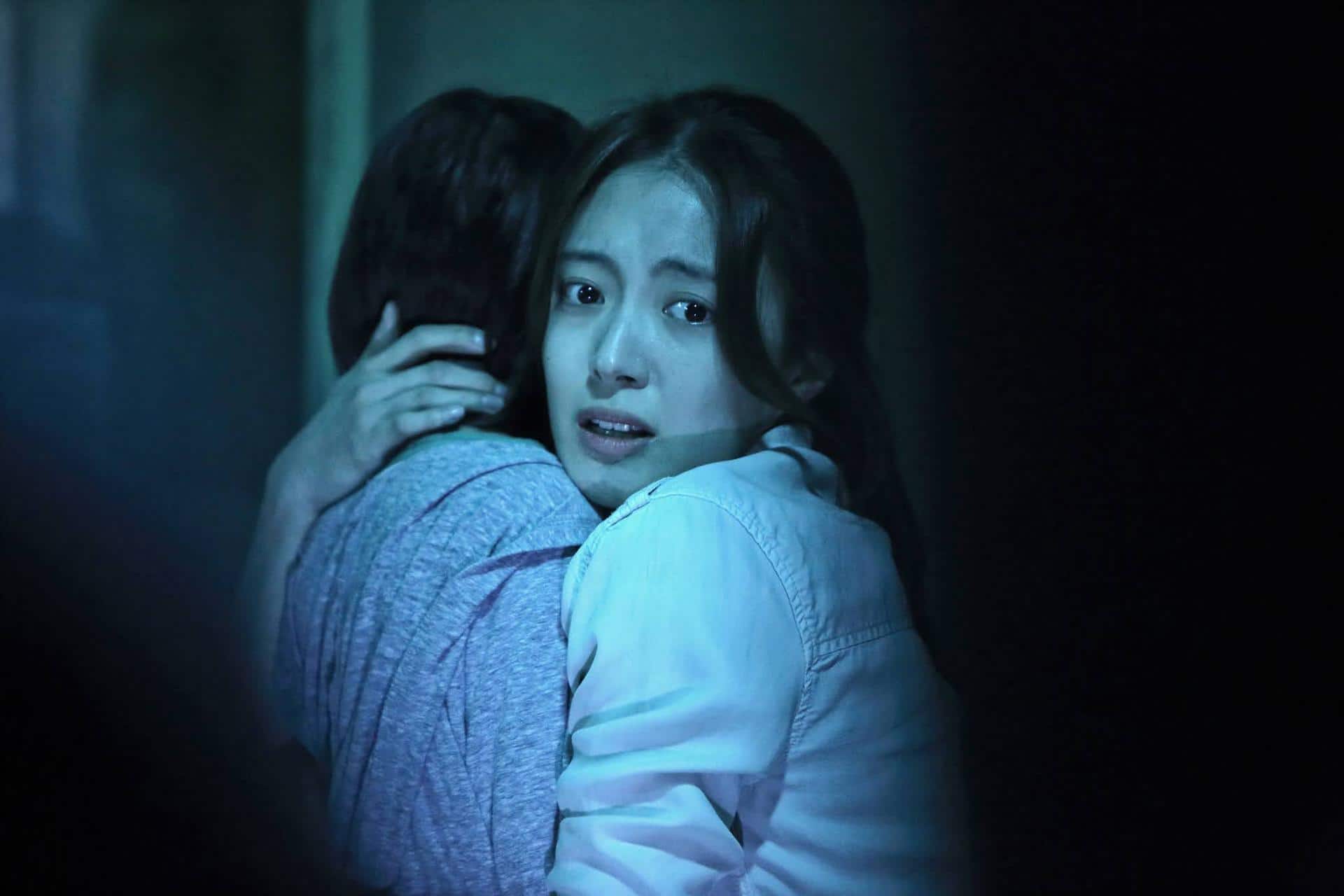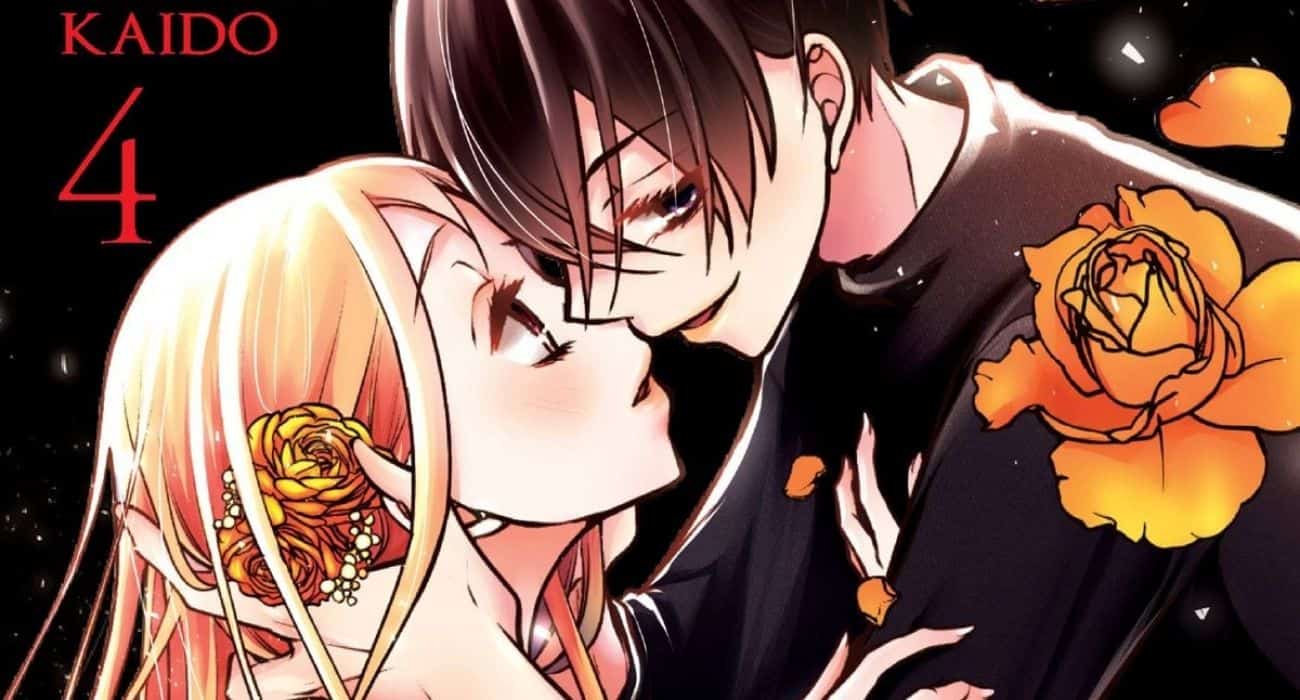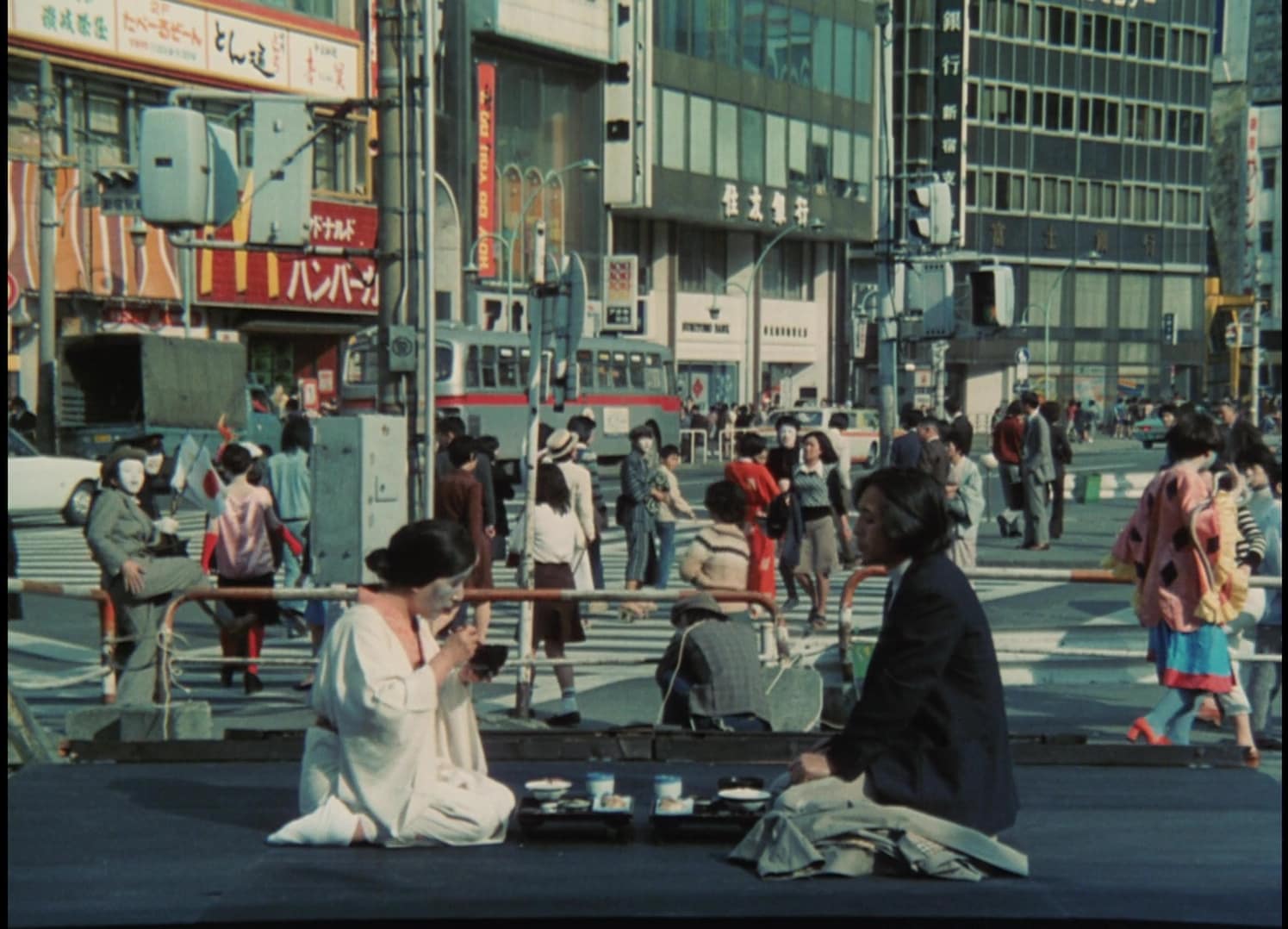Context is something that's probably needed before stepping into Nobuo Mizuta's “We're Millennials. Got a Problem? International” for two reasons. Firstly, it is the spin-off film of the comedy-drama television series of the same name which first aired in 2016. This would explain some of the backstory and in-jokes established form the start, alluded to in numerous meta flashback moments. Secondly, the ‘yutori' generation to which the Japanese title (“Yutori desu ga nani ka”) refers to those born between 1987 and 1996, when educational reforms intended to reduce the burden on students, allowing for greater creativity. This is, therefore, a generation with the stigma of being afforded some more breaks that those before them. So, a little more than just millennials in age.
Film Review: We're Millennials. Got a Problem? The Movie is screening at Nippon Connection

Now head of his family's sake brewery, Sakama (Masaki Okada) struggles to convince their clients to continue their orders – they want Korean makgeolli and non-alcoholic versions. He has to handle a business in crisis, having to change with according to the market and remain relevant. He confides in his teacher friend, Yamaji (Tori Matsuzaka) and Maribu (Yuya Yagira), whom he employs to help out with the brewery. But this isn't the only challenge they face in life. Entering their late thirties, they find the world is changing before their eyes. Japan is becoming increasingly cosmopolitan, having to keep up with greater diversity and newer generations more conscious of how they live their lives. As such, they feel increasingly trapped in the middle.
Starting off with a number of flashbacks, handily framed in a television screen to let you know they are moments from the series, the scene is set for newcomers, or as reminders for lapsed viewers. This can then standalone as a film in its own right. However, this can't help it escape many of the trappings of movie adaptations of television shows.
Over-acting is rife throughout, though with a cast who have since gone on to become big names, there is enough charm on show, notably from Sakura Ando as Sakama's wife Akane. But while trying to show a more diverse world, foreign characters are caricatures, such as Americans who can only speak in shouting.
It also tries to pack too many cultural touchpoints into its runtime rather than allowing one per episode as with a longer format. LGBT sensitivity, an increasing migrant population, a younger generation wanting fewer vices in their lives, social media and new working structures following COVID are some of the issues tackled, but with so many referenced, they can become a little watered down, as serious problems are perhaps handled in a less than serious fashion.
But its heart is in the right place, and it does touch on many universal truths seen throughout the world, not just in Japan and the yutori generation. They are now the generation that has to take responsibility for those both above and below them, but also feel constrained and alienated by both. They still want the care-free lifestyle they have enjoyed, but are waking up to their new role. Being called ‘old man' is both an insult but a sign of their status.
Wholesome moral messaging brings things to a close, with the importance of family is central to all. There are enough laughs in this, but as a television brought to the world of movies, this doesn't take itself seriously. It feels very much a television show: entertaining, but garish. And while it hints at a possible continuing of the story, one can't help but feel the cast themselves have perhaps outgrown this care-free world.


